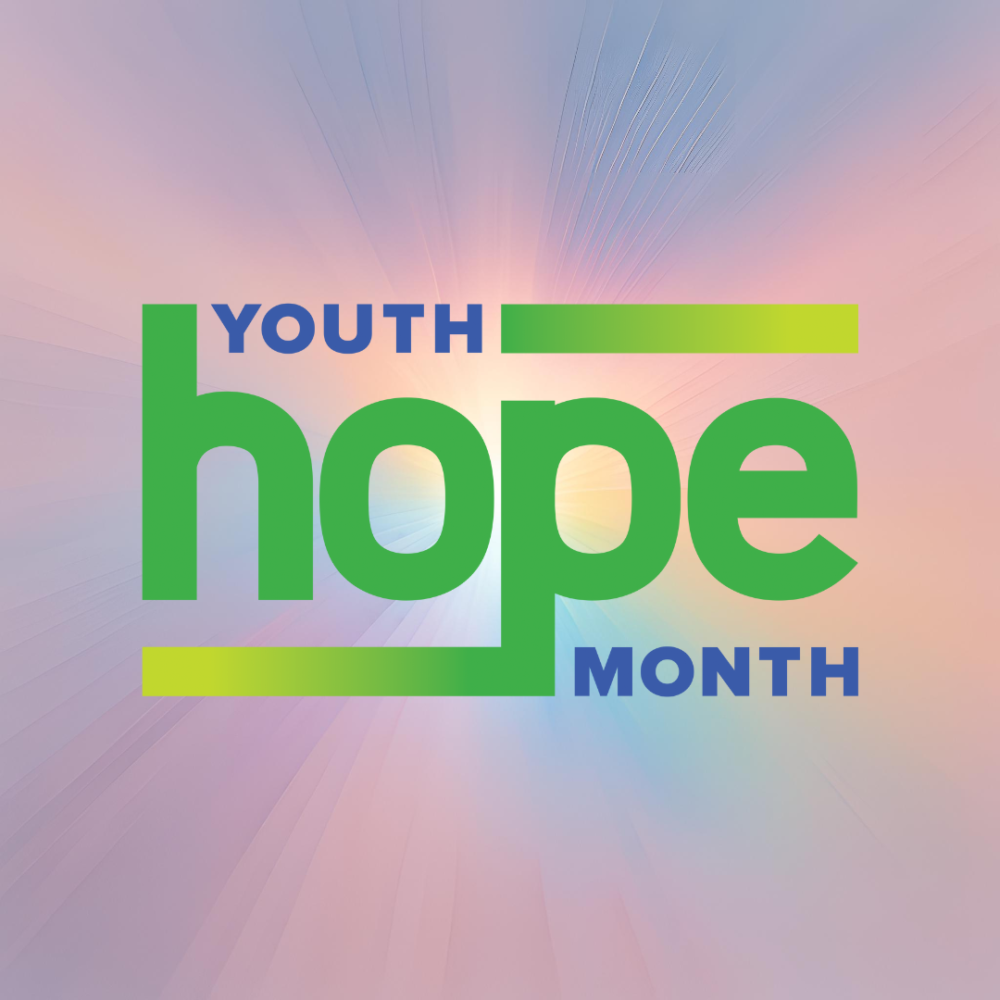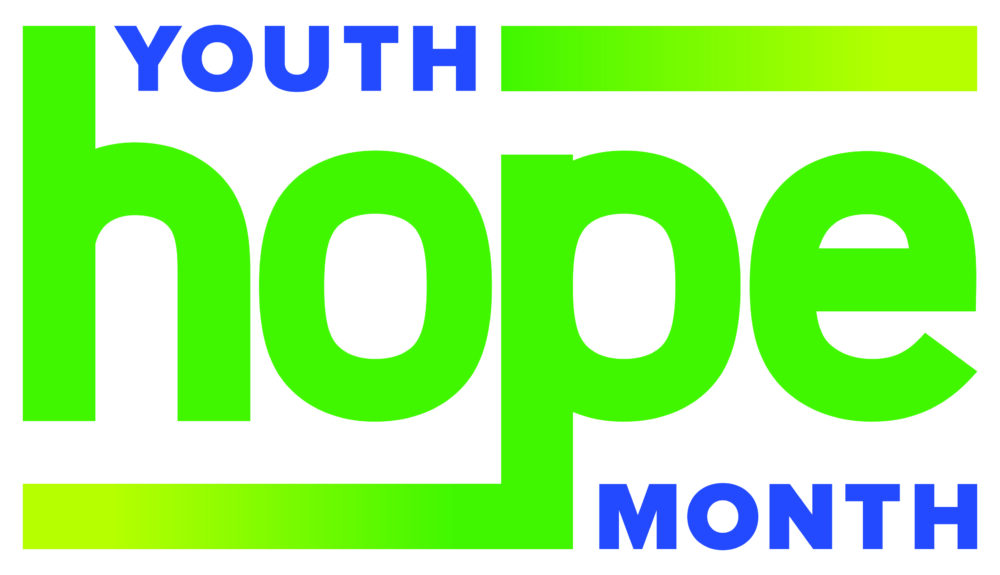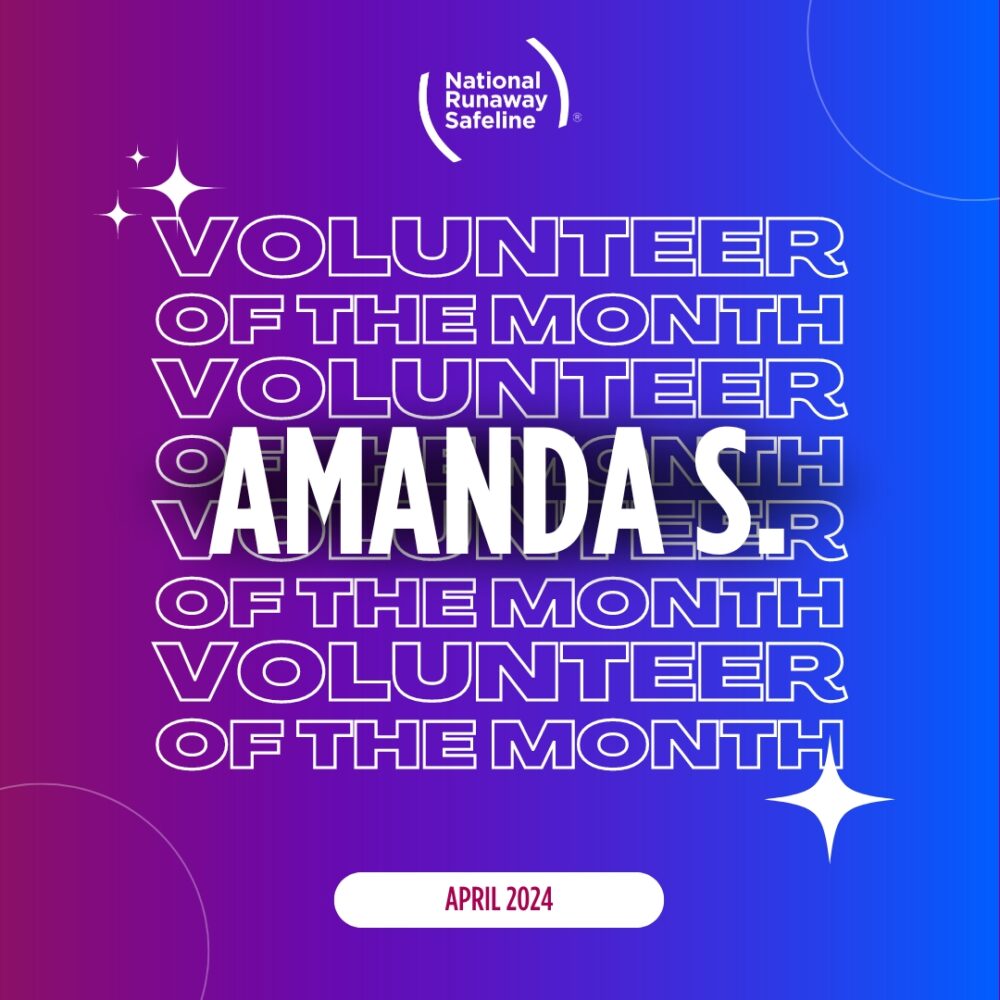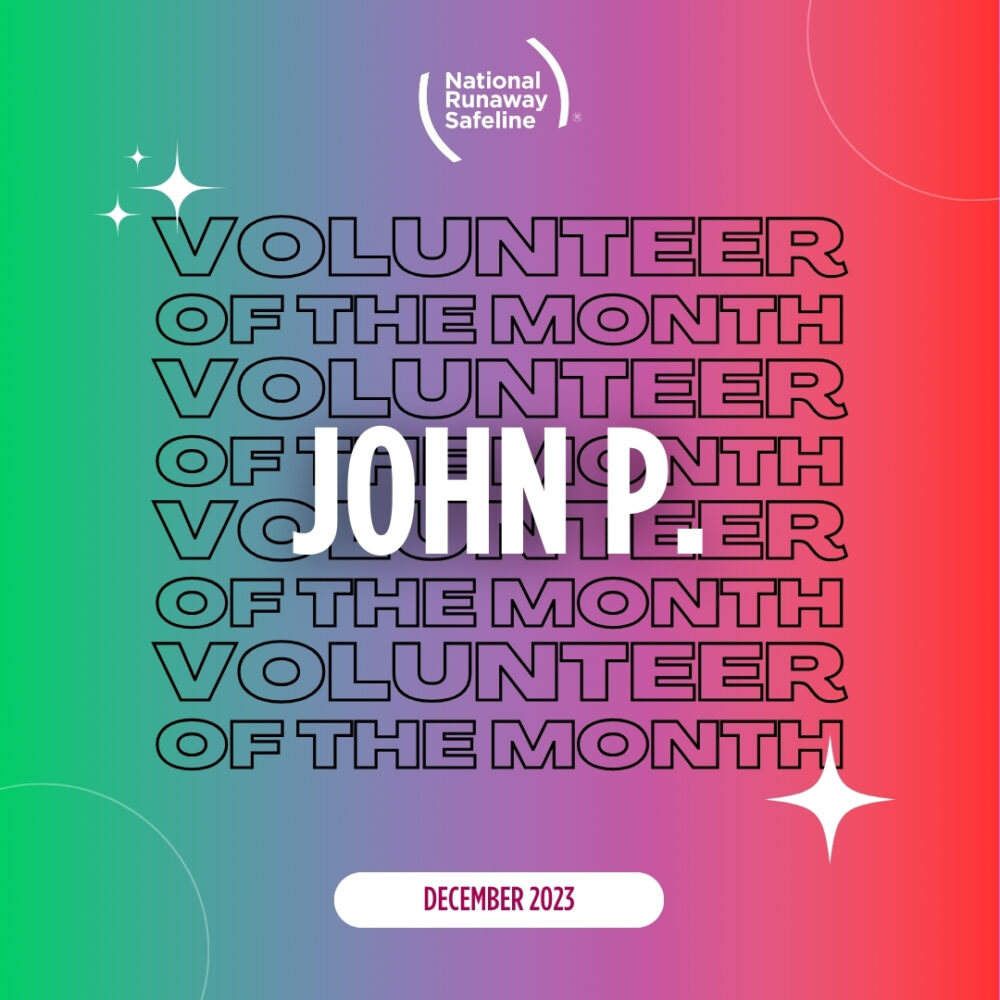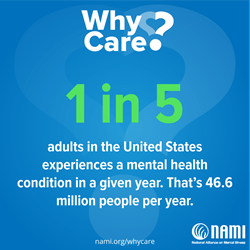 May is National Mental Health Month, a campaign to raise awareness of the mental health issues that affect approximately 1 in 5 Americans in a given year. Mental health and homelessness are intrinsically linked. Wide ranges of sample sizes make finding exact numbers difficult, but an estimated 16%-54% of youth experiencing homelessness live with depression (opposed to 10% of general youth population) and 8%-34% live with any kind of anxiety disorder. These numbers also reflects general trends of homelessness, regardless of age.
May is National Mental Health Month, a campaign to raise awareness of the mental health issues that affect approximately 1 in 5 Americans in a given year. Mental health and homelessness are intrinsically linked. Wide ranges of sample sizes make finding exact numbers difficult, but an estimated 16%-54% of youth experiencing homelessness live with depression (opposed to 10% of general youth population) and 8%-34% live with any kind of anxiety disorder. These numbers also reflects general trends of homelessness, regardless of age.
Currently, across the board, there are major difficulties in accessing mental health services, with even more difficulty experienced by low-income individuals. High cost and insufficient insurance coverage is a major issue in access. The study, America’s Mental Health 2018, reported that one in four Americans had to choose between getting mental health treatment and paying for basic necessities. Limited options is also a major problem, especially in rural areas. Nearly half of Americans have had to or knew someone who had to drive more than an hour roundtrip to seek treatment.
This is a major issue for youth in particular, as 50% of all lifetime cases of mental illness begin by the age of 14 and 75% by age 24. As homelessness can cause or exacerbate mental illness, treatment early on is essential to preventing further harm or substance abuse as self-medication.
While these statistics may seem grim, there is hope. Awareness campaigns such as Mental Health Month draw attention to and help to destigmatize mental health problems. More and more organizations are adapting to offer specific services designed to treat and educate on mental health, urged on by recent studies addressing the relationship between mental health and homelessness. The Substance Abuse and Mental Health Services Administration, for example, has forwarded its Treatment for Individuals Experiencing Homelessness (TIEH) program. This program works towards increasing access to evidence-based treatment services, peer support, and connections to permanent housing.
Mental health must be a major part of the conversation about homelessness. Early intervention can help protect youth from lifelong mental health difficulties caused by homelessness. Access to mental health resources and outreach are essential components to keeping runaway, homeless and at-risk youth safe and off the streets.
